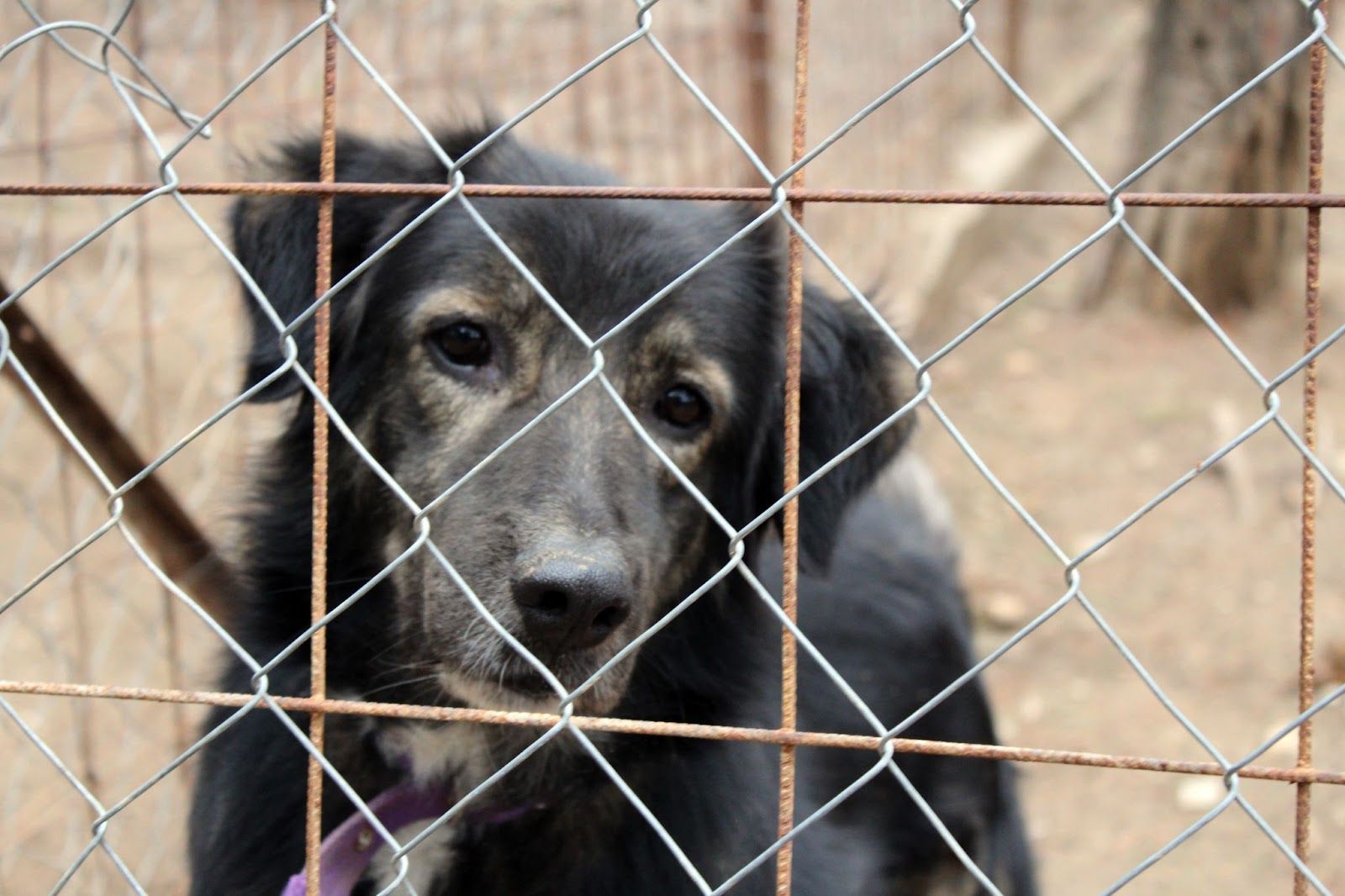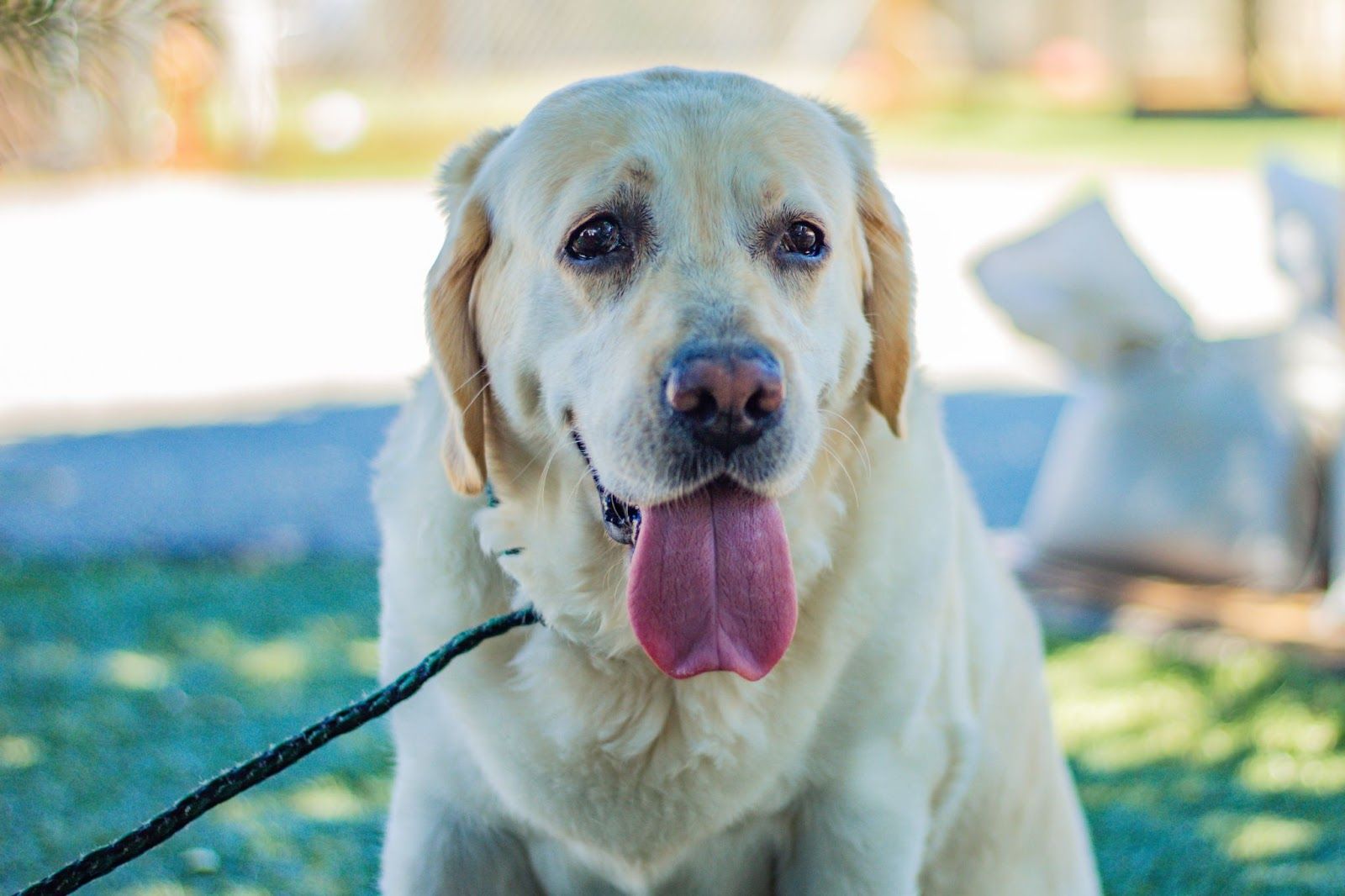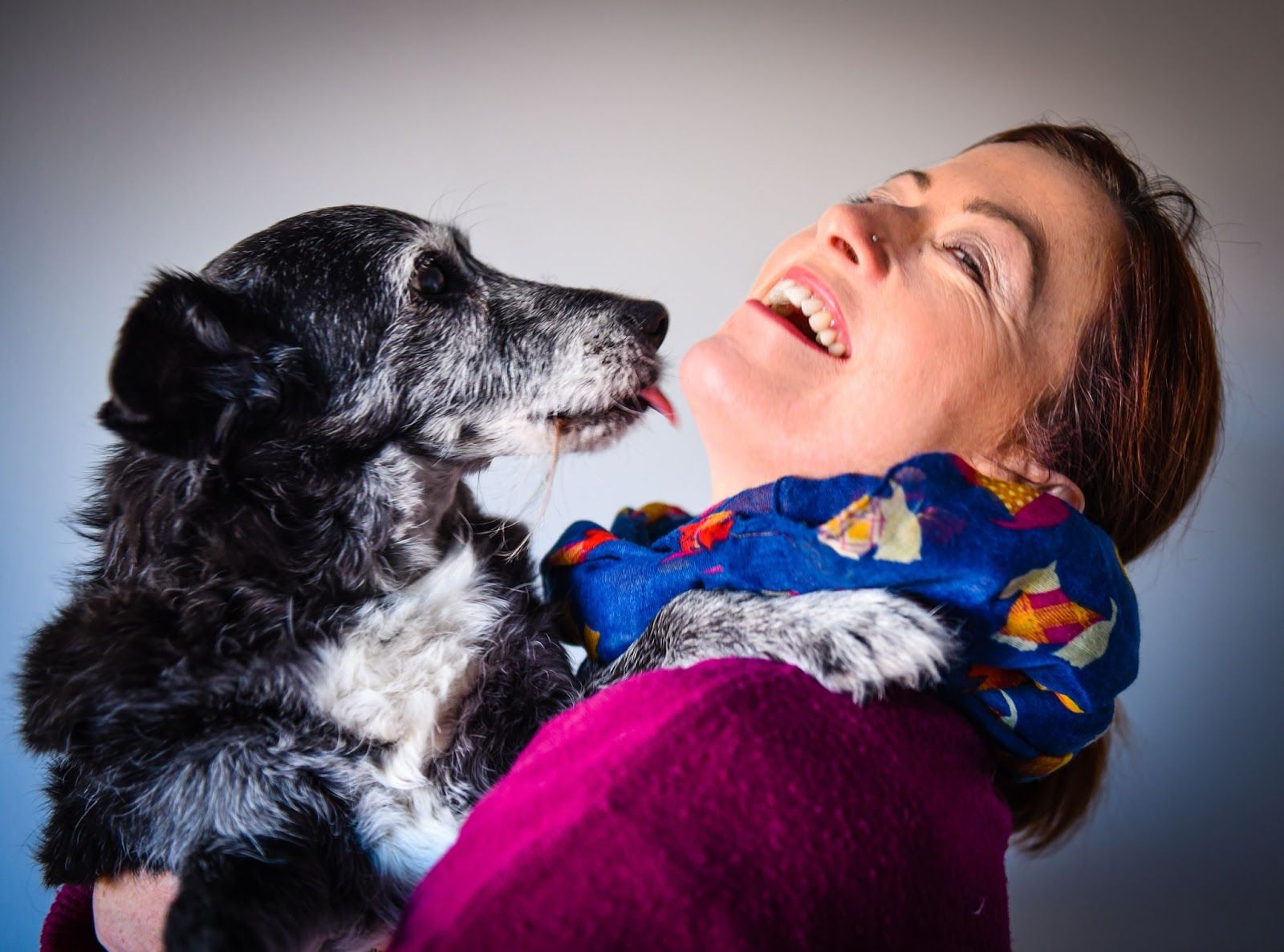Do you own a rescue dog? Ever wonder if they remember their past experiences, or past owners? Do dogs think about those things?

Ensure Your Rescue Dog's Safety and Well-Being with the Fi Dog Collar
Understanding your rescue dog's memory and emotions helps you better appreciate their unique journey and the bond you share. While dogs may not remember their past in the same way we do, they can associate experiences with emotions and learn to trust again.
That's why it's crucial to provide them with love, care, and a secure environment. The Fi Dog Collar is a great tool to help you protect your furry friend. With GPS tracking, activity monitoring, and escape alerts, it helps you keep track of their whereabouts and health. Give your rescue dog the peace of mind they deserve by ensuring their safety and well-being with the Fi Dog Collar today.
How Does a Dog’s Memory Work?
Are you wondering if your rescue dog remembers their past? Maybe they remember past experiences—both good and bad. And maybe they remember their previous owners. But how does a dog’s memory work? Is it the same as ours?
Dogs do have great memories. That’s how they learn tricks, commands, and routines. But there are different types of memories that help our brains—and dogs’ brains—remember different types of things.
Semantic Memory
One type of memory is called your semantic memory. It “refers to a portion of long-term memory that processes ideas and concepts that are not drawn from personal experience. Semantic memory includes things that are common knowledge, such as the names of colors, the sounds of letters, the capitals of countries and other basic facts acquired over a lifetime.”
This is why your dog may have already known some basic commands from their previous owner. These basic facts and routine actions stick with us like they stick with dogs. As long as you practice them from time to time, your dog will always know how to do things like sit, shake, and lay down.
Associative Memory
Dogs also use associative memories. This “refers to the ability to remember relationships between concepts, and not just the individual concepts themselves.” You can see this sometimes in dogs when they have anxiety and fears about things that seem a bit irrational.
One of my dogs used to freak out when it rained. I would let her outside to go to the bathroom, and she would either completely freeze up like a statue, or race back to the door and scratch at it in a panic. Sometimes she would even run and hide under a bush, and not want to come out if her life depended on it.
It’s not that the rain was hurting her—but maybe she had been abandoned in the rain sometime before I adopted her. And she still associated the rain with that fear and panic.

Do Dogs Remember Past Experiences?
Even though we know that dogs remember things like routines, tricks, commands, etc… We want to know whether or not they remember past experiences. Do they remember their previous owner, and do they remember how they were treated?
Episodic Memory
As humans, we replay our memories of previous experiences in our minds like a movie or TV episode. It’s actually called episodic memory. There have been tests done to try and figure out whether or not dogs also have this episodic memory. It’s hard to know for sure because we can’t just ask the dogs if they are having episodic memories. But from these tests, some scientists think that dogs may in fact remember this way. Crazy to think about, right?

How Long Do Dogs Remember Their Past?
As far as their short-term memory goes, dogs typically forget an event after about 2 minutes. This is why scolding a dog way after the fact will only confuse them.
If your dog has an accident in the house while you’re gone, and then you come back hours later and scold them, they will just think you are mad about the pee or poop—not necessarily about it happening in the house. And this could cause them to just hide their accident better next time, so you don’t get mad.
But again, their long-term memory will still help them remember the important things like their training, who you are, and possibly those previous experiences.

Do Dogs Know When They've Been Adopted?
Dogs learn to adapt quickly. And although it takes a little time, it’s not too long before they start to form a bond with you. They love their new home, and their new family. But they don’t actually know what the animal shelter was, or that you “rescued” them. Dogs live much more in the moment than we do. So they are just happy to be with you now.
Do Rescue Dogs Love You More?
Although your pup loves you very much, they don’t quite understand how appreciative they should be that you rescued them from the animal shelter. Especially if it was a “kill shelter.” But your dog definitely understands that your home is way better than the shelter was. And they understand how much you love and care about them.
Dogs will love you and bond with you because of how you treat and take care of them. They are pretty intuitive, and they can sense your emotions and attitude. If you seem like a safe person, they will begin to feel safe with you and trust you. It will be a different adjustment period with every rescue dog, because every dog is different. But they all have the capability to trust and love again. And they are all quite resilient creatures.
For more helpful articles about pet-parenting tips, check out the Off Leash blog at TryFi.com.
Want to know more about TryFi.com? The Fi Dog Collar is a GPS tracking collar that not only keeps track of your dog’s location, activity levels, and sleep patterns, but it also alerts you if your dog escapes your backyard. This is the fastest way to find your dog after an escape. Try the Fi Dog Collar today!